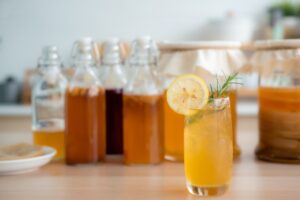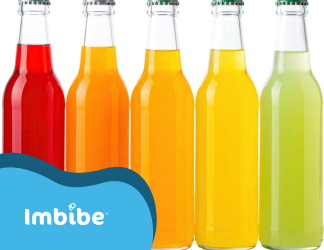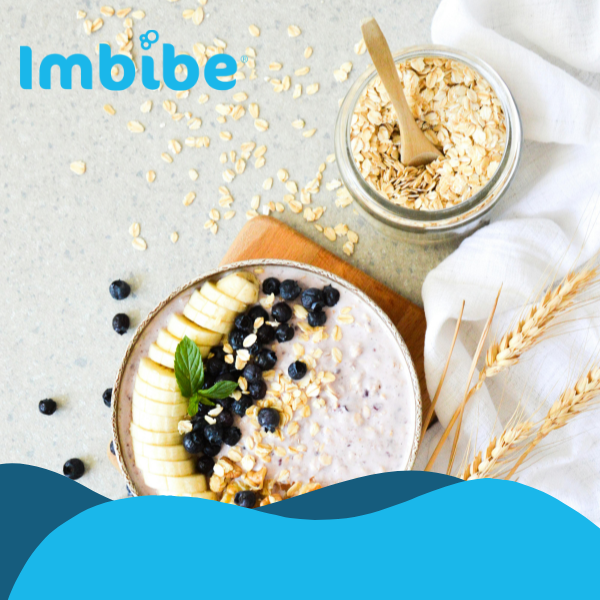Many of us spend our careers trying to predict trends and consumer behavior. With time, experience, and access to historical sales data, many of us are able to hone our skills which help inform future business decisions. Once in a while though, we can’t help but be surprised by what actually happens in the marketplace. Case in point: the kombucha boom. Sure, health and wellness have been a mainstream priority for the past decade (at least), but with its fermented funkiness, kombucha could have easily stayed on the periphery. This category is still dwarfed by most others, but sales grew 41% in 2016, and more impressive, this category is predicted to grow at a CAGR of 25% through 2020. You can find more than a handful of brands of this naturally slightly alcoholic functional concoction taking up refrigerated shelves in Whole Foods, or if you’d prefer, you can also order it on tap. As we continue to watch this category flourish, we wanted to call attention to a few interesting developments that we thought other industry leaders could benefit from knowing:

Brew Your Own: DIY Kombucha kits are pretty readily available (The Kombucha Shop, Get Kombucha, Cultures for Health), but a more recent innovation is the next generation ofkombucha home brewing. The PicoBrew is a countertop appliance that claims to brew whatever trend you’re in the mood for, including kombucha of course.
Kombucha Beer: The difference between this subsegment of kombucha and the original is that kombucha beer brands are including hops in their offerings. Kombucha beer brand Unity Vibration offers varieties in ginger and raspberry.
Leave the alcohol in: Most of the kombucha on the market is de-alcoholized (which some argue diminishes the health benefits) but more alcoholic kombucha is coming to the market. One of the trailblazers in this space was Kombrewcha, but more recently we’ve discovered Booch Craft, and Urban Farm Fermentory,
Order (or create) a kombucha cocktail: Once upon a time, you’d get a strange look if you sat down at a bar and asked for a kombucha cocktail. Today, one can sit at bars in a variety of cities and enjoy a fermented libation. Cindy’s Rooftop in Chicago offers Howl at the Jun with citadelle gin, ‘jun’ kombucha, grapefruit, and sparkling rose. A recipe we found online includes Health-Ade’s original kombucha with Don Julio Blano, pink grapefruit juice, lime juice, agave nectar, sea salt and grapefruit zest for garnish.
And if you’re not sure you or your consumers have acquired the taste for kombucha, you may be interested in one more kombucha related innovation, which comes in the form of edible, recyclable packaging.
Interested in learning more about or developing a better-for-you beverage? Email us at thedrinktank@imbibeinc.com for guidance on how to begin your next beverage project.



